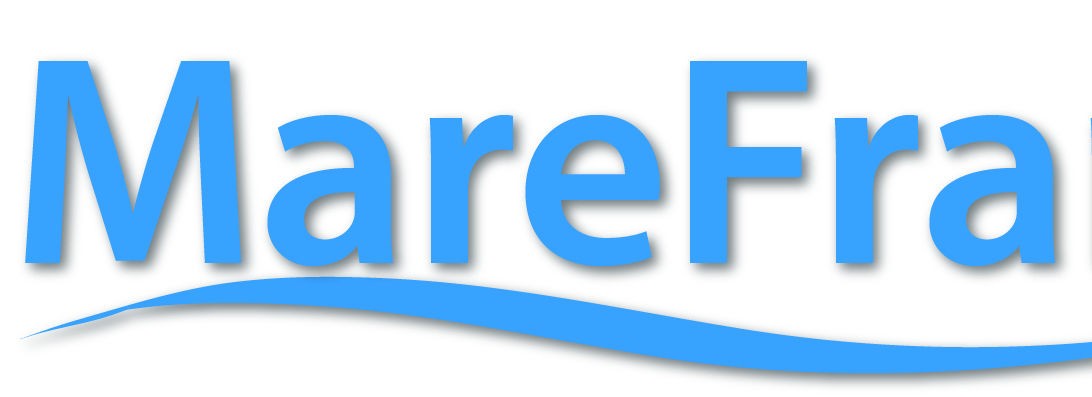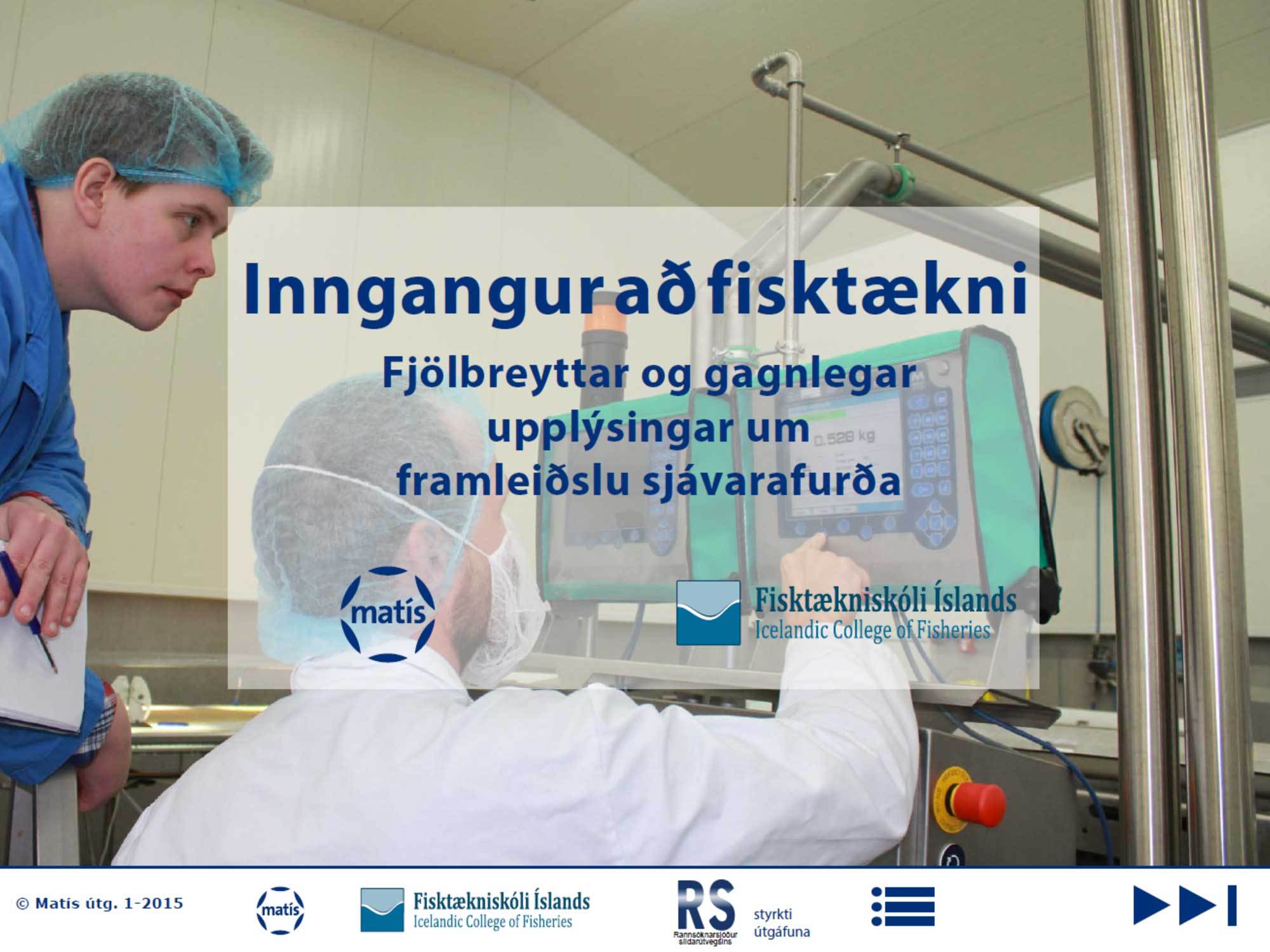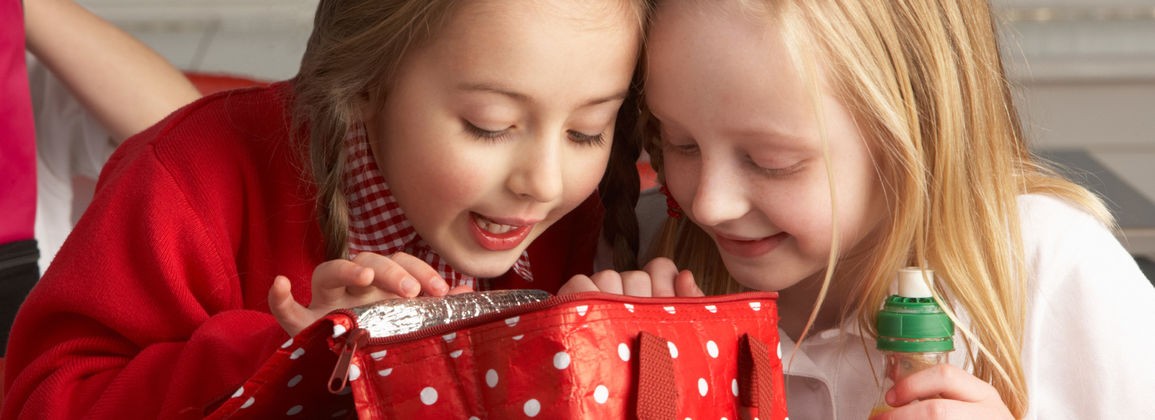Matís - a bridge between universities and the business community
Matís er í miklu samstarfi við Háskóla Íslands, sem og aðra ríkisrekna háskóla, til þess að tryggja góða samvinnu milli
Matís - a bridge between universities and the business community Nánar »









